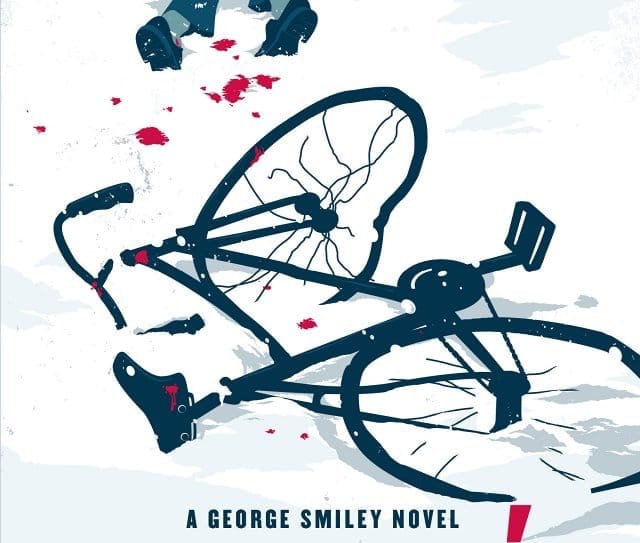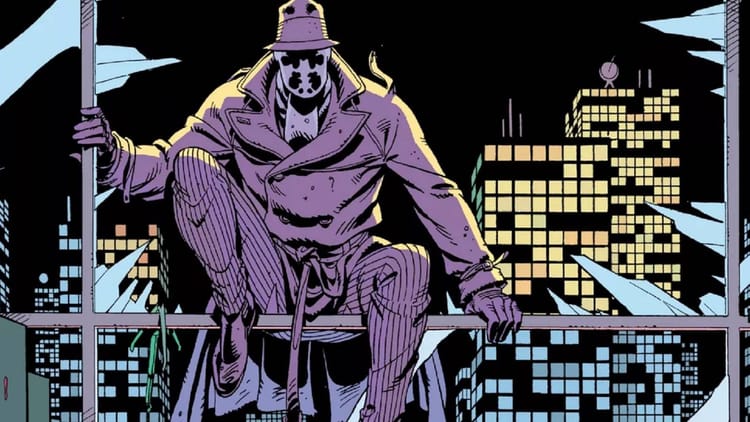Recommendation: The Spy Who Came in from the Cold

The Spy Who Came in from the Cold, published in 1963, is the third novel by the legendary John le Carré (real name: David Cornwell) and the sensational spy thriller which propelled the late author to literary superstardom. The story centers on Alec Leamas, an aging, cynical spymaster who’s stationed in West Berlin and runs a clandestine network of British agents operating in East Berlin, i.e., behind the “Iron Curtain.” When Leamas’s network is unexpectedly “rolled up,” and all of his operatives are interrogated, tortured, and killed, he’s called back to “The Circus” — the London-based headquarters of British intelligence — to pick up the pieces. Leamas expects to be put out to pasture, but “Control,” the Circus’s head man, instead offers him one final mission — and an opportunity to avenge his fallen comrades.
Tradecraft: I wouldn’t dare spoil the novel’s myriad twists and turns, but I will praise several of its craft elements. Above all, Spy is paced to perfection. Sometimes le Carré spends an entire chapter on a single conversation, and sometimes he skips forward months in a single sentence, and every choice feels exactly right. The stilted dialogue, strange jargon, and random asides always expand the scope and scale of the story and always build toward the eventual payoff — there’s nary a wasted word in the novel. le Carré also weaves together a taut, complex plot using very little real estate. The fiftieth anniversary edition of Spy is a lean 240 pages and audiobook formats clock in around seven hours of listening time. Over consecutive weekends I twice devoured an older Audible version — my second and third reads, respectively — and each time I loved the book even more. Finally, Spy provides a masterclass in storytelling fundamentals: The stakes are clear, the characters have understandable (if duplicitous) motivations, and said characters make logical (if unwise) choices which propel the narrative forward. As a reader, Spy’s a helluva fun ride. As a writer, it’s an invaluable teaching tool.
Foundational text: The inimitable George Smiley, le Carré’s first and most famous creation, and the understated hero most often associated with Tinker, Tailor, Soldier, Spy, plays a small but significant part in Spy. This role marked Smiley’s third consecutive appearance in le Carré’s wide world of espionage and the owlish, portly protagonist would go on to feature in six more novels by le Carré and one by his son (see below). I’ve read and enthusiastically recommend all ten books, but for my money Spy is the foundational text underpinning the entire le Carré canon. While Smiley’s the star of the fantastic “Karla Trilogy,” that series is much more satisfying when readers know about his relationship to Leamas and understand the impact of his formative experiences at “The Circus.”
Carrying the torch: Decline of Western Civilization notwithstanding, the true catalyst for revisiting Spy was the recent publication of Karla’s Choice by Nick Harkaway (real name: Nicholas Cornwell). Harkaway’s the fourth son of John le Carré — and a wonderful writer in his own right — and he’s taken over the reins of his father’s fictional universe. Karla’s Choice is his first foray and immediately follows the events of Spy. It’s an excellent addition to the Smiley canon which feels both familiar and distinctive. Alas, as before, knowledge of the original source material will make for a richer reading experience.
Final verdict: The Spy Who Came in from the Cold is one of my all-time favorites. It proves a novel can interrogate serious geopolitical ideas and explore the gray zone of human morality and still be fun as hell to read. If you’ve been struggling to pick up or finish books lately, or if you’re plagued by the perpetual, inexorable pull of digital brain poison, procure a copy of this novel and put your phone in airplane mode.
Related media: Spy was adapted into a film starring Richard Burton in 1965 and apparently it’s pretty good. I haven’t seen the movie version — streaming services are cynical, rent-seeking scams — but I hope to check it out before I’m institutionalized by my kids or deported by the state.




